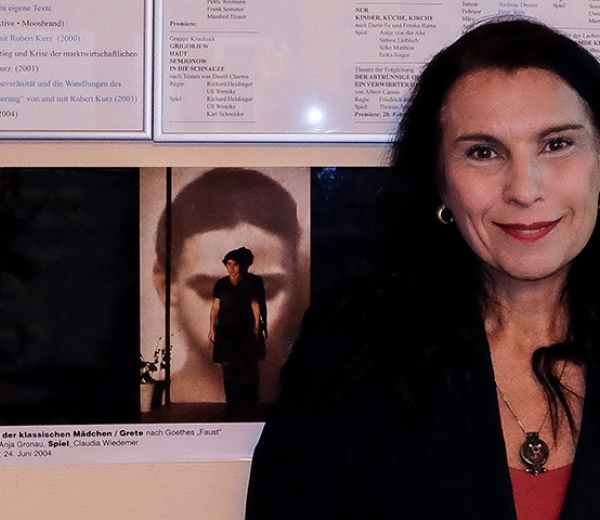Bea Ehlers-Kerbekian
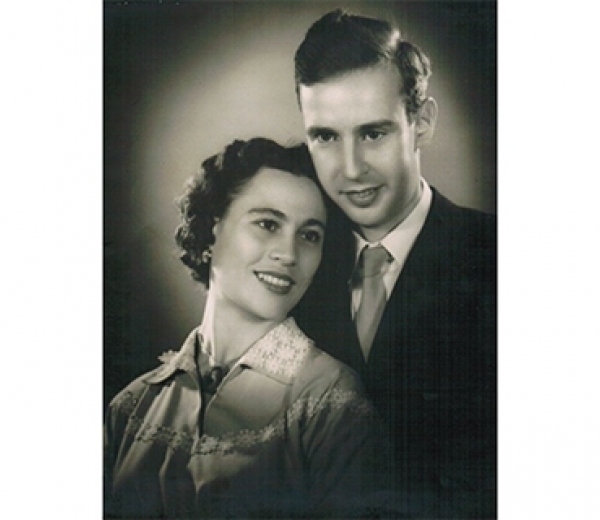
|
Bea’s parents Maro Kerbekian and Dieter Ehlers. |
“When affected by such moods, she would say things like ‘You know, Bea, they slaughtered us like animals, cutting babies out of their mothers’ wombs alive’,” Bea recalls.
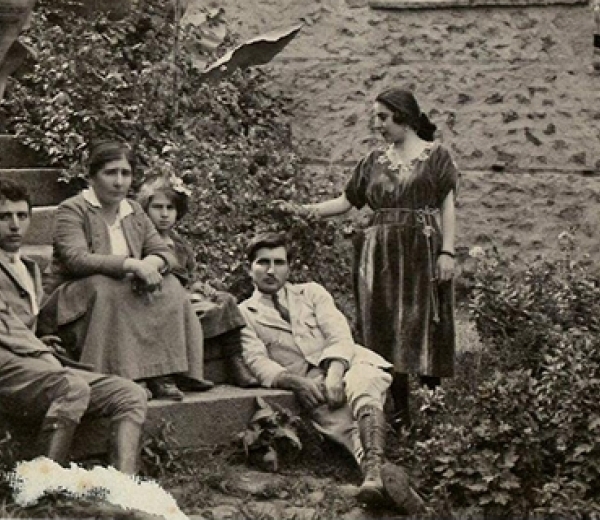
|
Relatives of the Kerbekian family in Addis Ababa |
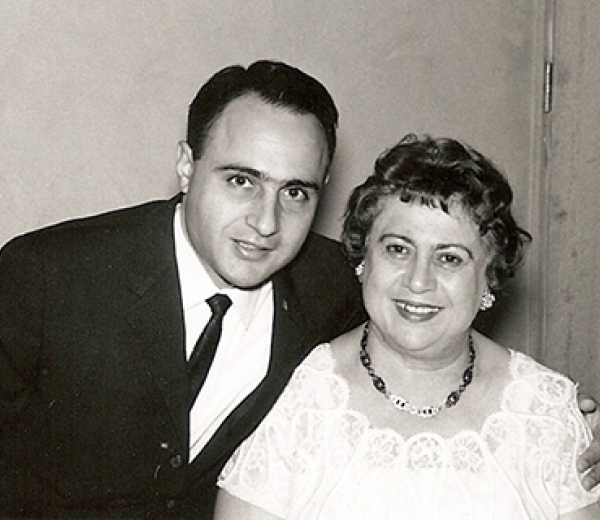
|
Garo Kerbekian with his mother Serpouhi |
Uprooted once again
Hrant and Serpouhi had two children, Gago and Maro. The pair eventually split, and the children were enrolled in an Italian-French Catholic boarding school outside Addis Ababa. When Mussolini declared war on Ethiopia seven years later, the school was burned down. “In a single instant, Maro and Gago lost their home. Still teenagers, they were plunged into the turmoil of war,” Bea says.
The political situation in the capital deteriorated. When the Italian troops marched on the city, Emperor Haile Selassie escaped to England. “Hatred toward ethnic minorities spreads quickly. Apartments, houses, and stores are being ransacked and burned down. We take refuge in an Armenian church and are rescued by the British embassy,” Gago writes. “The evacuation takes several weeks. “When we return, our house has been plundered and partially torched.”
For the Kerbekians, the situation soon deteriorated further. In 1936, Hrant was erroneously arrested as a political collaborator by Mussolini’s fascist regime and sent to prison. Without her husband’s financial support, Serpouhi sold her possessions and took her two children to Cyprus, where her brother, Hagop already lived. But World War II would prove the hopes for a peaceful and secure future illusory.
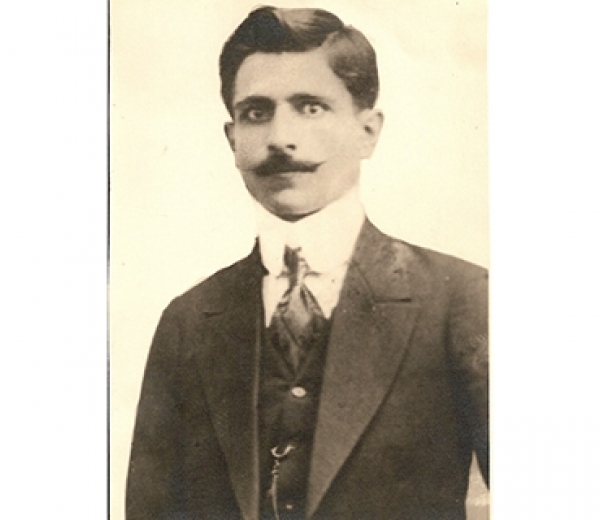
|
Bea’s grandfather Hrant Kerbekian |
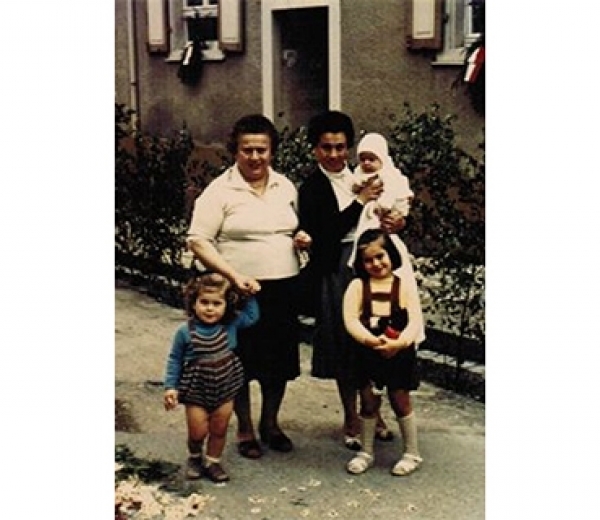
| Bea’s grandmother Serpouhi and mother Maro with Bea and her siblings in Black Forest |
